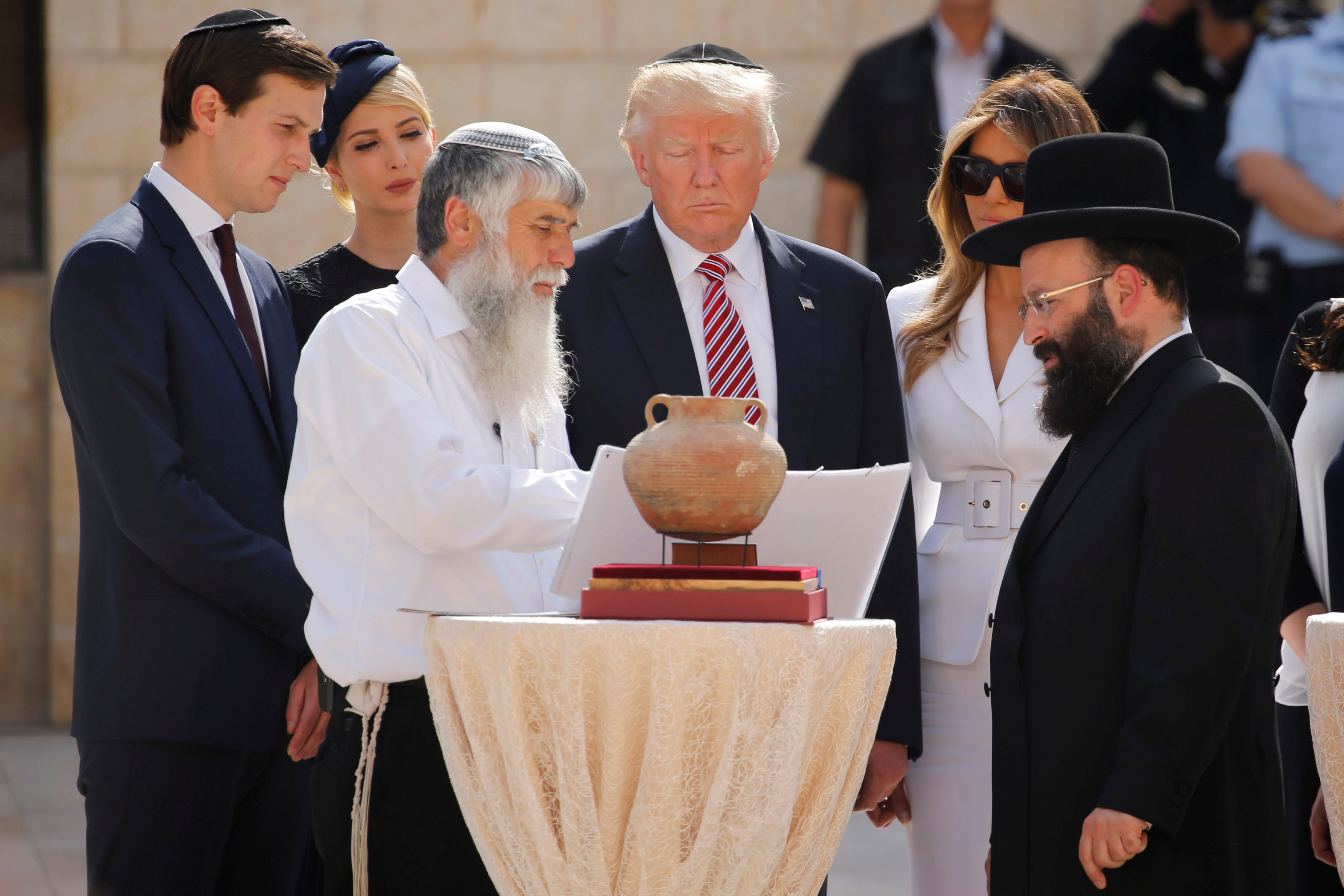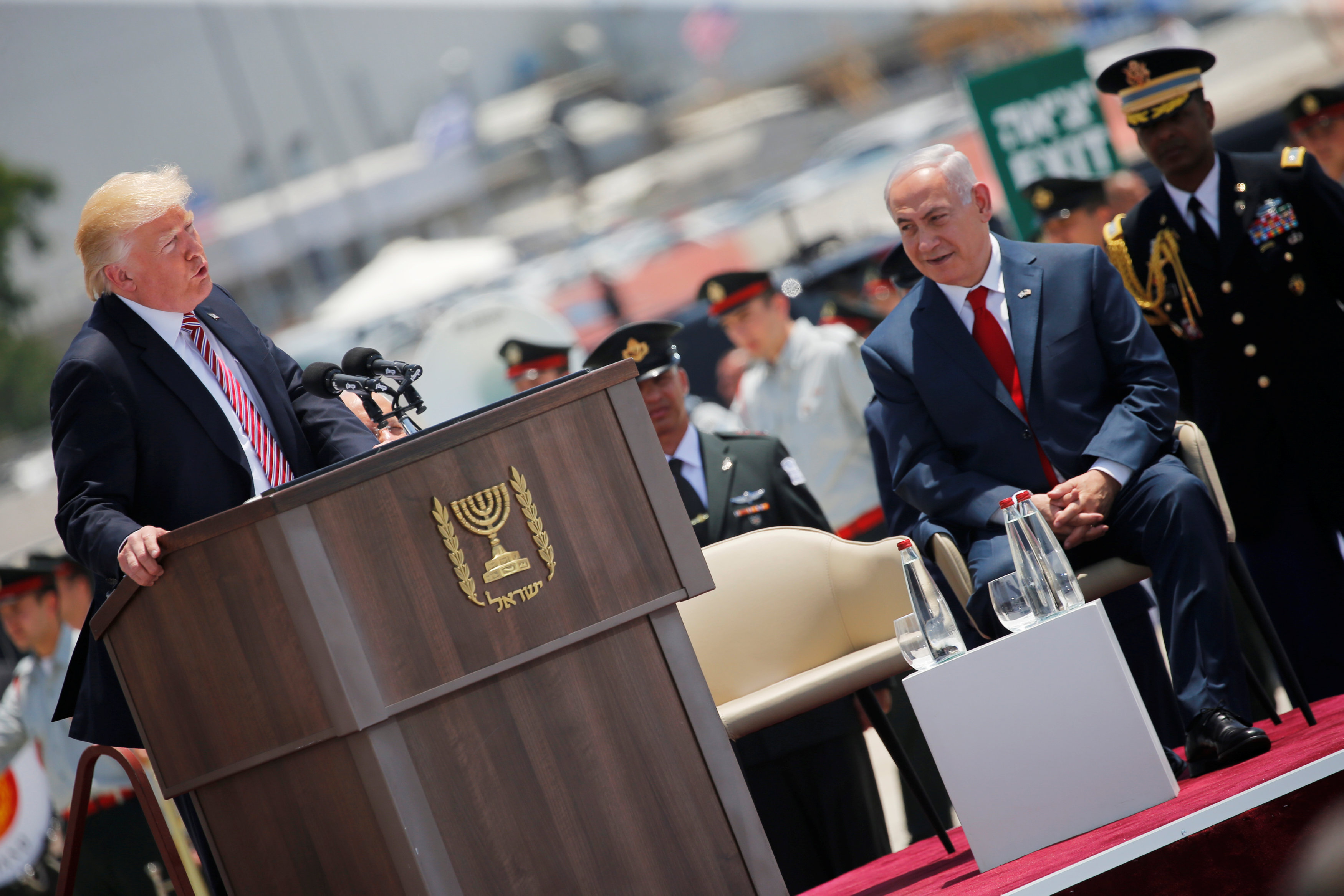
By Babak Dehghanpisheh
BEIRUT (Reuters) – In the week before the May 19 presidential election in Iran, the eventual victor, Hassan Rouhani, criticised the judiciary and the powerful Revolutionary Guards with rhetoric rarely heard in public in the Islamic republic.
Now, in the eyes of his supporters, it is time to deliver. Millions of Rouhani’s followers expect him to keep pushing on human rights issues.
“The majority of Iranians have made it clear that they want improvement on human rights,” said Hadi Ghaemi, the director of the Center for Human Rights in Iran (CHRI), a New York-based advocacy group. “Expectations are running high.”
That message came through loud and clear shortly before Rouhani, who won re-election with more than 57 percent of the vote, took the stage at a gathering of supporters in Tehran last week.
“Ya Hussein, Mirhossein” went the thunderous chant, a reference to Mirhossein Mousavi, a presidential candidate in the 2009 election, who, along with fellow candidate Mehdi Karroubi disputed the results, spurring widespread protests.
Dozens of protestors were killed and hundreds arrested in the crackdown that followed, according to human rights groups.
Mousavi, his wife Zahra, and Karroubi, were placed under house arrest in 2011 after calling for protests in Iran in solidarity with pro-democracy uprisings across the Middle East.
The trio’s continued detention is a divisive political issue in Iran and one that Rouhani has promised to resolve.
But if he keeps pushing, he will face a backlash from his hardline opponents which could undermine his second term, analysts say.
CLEAR MESSAGE
At the rally, it took several minutes for the announcer to quiet the crowd before another chant broke out: “Our message is clear, house arrest must be broken”.
Along with those arrests, more than 20 journalists and activists were arrested in the lead-up to the elections according to CHRI, an issue which has also been raised by Rouhani supporters.
Many political prisoners are kept in solitary confinement and not allowed to see their families for long periods of time, according to human rights groups.
Iran has one of world’s highest rates of capital punishment. At least 530 people were executed in 2016, according to a United Nations report.
Rouhani’s supporters also expect him to fight for basic rights that affect their daily lives, like preventing security forces from harassing women for the way they dress or the judiciary from cancelling concerts.
During his first term, Rouhani made the signing of an agreement with Western powers, which lifted a large number of sanctions in exchange for curbs on Iran’s nuclear program, his top priority.
As a result, human rights issues were sidelined, analysts say. But now that the nuclear agreement is being implemented, his supporters are waiting for change.
Rouhani’s decisive election win may have finally given him the opportunity to address human rights issues.
“As the head of the executive branch, Mr. Rouhani and his colleagues must use this opportunity to the maximum,” parliamentarian Gholamreza Tajgardoon said last week, according to the Iranian Labour News Agency (ILNA).
But signs are emerging that hardliners are ready for a fight.
Iran’s judiciary chief hit back at Rouhani on Monday for bringing up the issue of the house arrest of opposition leaders during his campaign.
“Who are you to break the house arrests?” Larijani said without naming Rouhani, according to the judiciary news site Mizan.
Larijani said the Supreme National Security Council must take the initial decision to end the house arrests and then the judiciary would step in.
Any attempt to resolve this issue outside this legal procedure would be seen as an attempt to stoke up unrest similar to 2009, he said, according to Mizan.
“We’re issuing a warning that they should wrap this issue up otherwise the judiciary, with authority, will wrap this issue up itself,” Larijani said.
Meanwhile, the restrictions continue.
Karroubi, 79, served as speaker of parliament before running for president in 2005 and 2009. He now stays largely on the upper floor of his house in Tehran and gets exercise by walking indoors, according to his son Mohammad Taghi. His only sources of information are local newspapers and state TV.
Security agents stay on the premises around the clock and do not allow him to have access to the phone or Internet.
Taghi, speaking by telephone, said the hosue arrest had
backfired, raising the profile and importance of his father and the other detainees.
“If the goal is to cut off their political ties, what we’ve seen is that the passage of these six or seven years hasn’t had any effect,” he said. “In fact, the limitations and problems have increased their impact in society.”
Little progress can be made on any human rights issue without the approval of Supreme Leader Ayatollah Ali Khamenei, the highest power in the country.
“Since becoming Supreme Leader in 1989, Khamenei has sought to weaken every Iranian president in their second term,” said Karim Sadjadpour, a senior fellow at the Carnegie Endowment.
“Given how directly Rouhani challenged Khamenei during the campaign this tradition is likely to continue.”
(Reporting By Babak Dehghanpisheh; Editing by Angus MacSwan)










